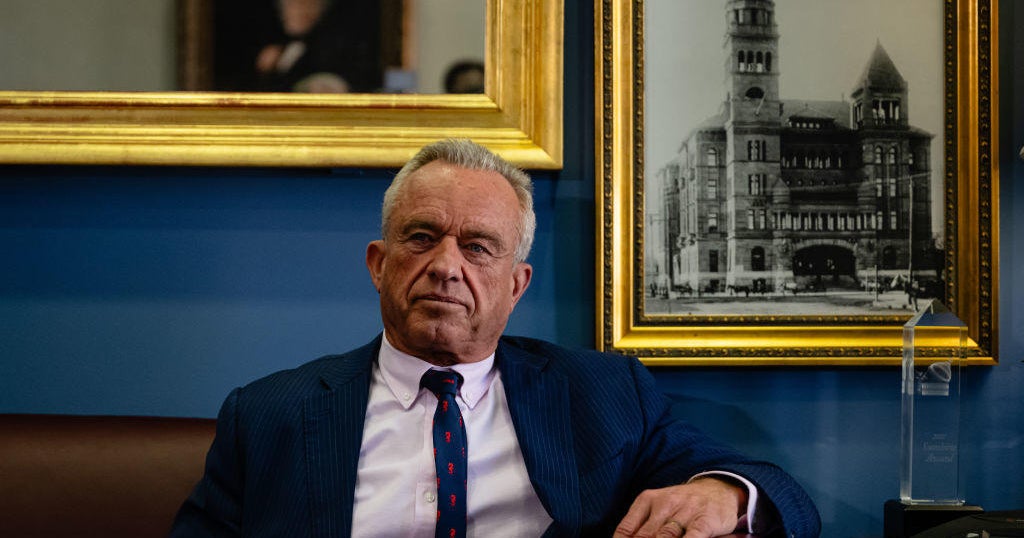Ghostwriter: Trump's worries over business losses "never lasted long"
A former ghostwriter for Donald Trump says his co-author didn't spend much time dwelling on business losses during his time as a New York City real estate developer.
"His worries never lasted long," Charles Leerhsen told CBSN's "Red & Blue" on Monday. "Someone always came to his rescue and propped him up. He always had supporters. Now, it's the Republicans. In those days, it was the bankers who supported him."
Leerhsen was behind the 1990 book "Surviving at the Top." In an exclusive piece for Yahoo News, Leerhsen detailed what he saw while chronicling Mr. Trump for the two years leading up to the book's publication.
The president often touts his experience as a successful businessman, but Leerhsen paints a different picture.
His comments come after The New York Times revealed last week that Mr. Trump was deeply in debt during part of the time period "Surviving at the Top" covered. Tax documents obtained by the Times show he was in the red by more than $1 billion in all between 1985 and 1994.
However, news about his widening losses would only upset Mr. Trump for "maybe thirty seconds," according to Leerhsen.
"It was very quiet in the office, very calm; we just talked about the Yankees or little bits of business," Leerhsen said. "We didn't talk about the main thing, which was that his business was going under."
In the 1980s, Mr. Trump was building up what would become his chain of Atlantic City, New Jersey hotel-casinos. He bought the iconic Plaza Hotel in Manhattan in 1988. A year later, he raised enough money to acquire Eastern Airlines, later renamed the "Trump Shuttle."
Leerhsen dubbed this time the "King Midas" period because of the number of deals Mr. Trump was involved in. He was coming off other successful projects as well, including rebuilding the Central Park ice skating rink and remodeling the Hyatt Hotel above Grand Central Station.
But things headed south due to the huge debt load Mr. Trump took on for the acquisitions.
Investors continued to pour money into his new business ventures, despite their poor performances. "The banks try to work with you to prop you up and keep you going, so they don't lose so much money," Leerhsen explained.
Leerhsen said when he was covering Mr. Trump, it wasn't clear to him who was running the businesses. "His big talent was compartmentalizing things," he said. "He wouldn't think about the bad news too much."
That trait is something Leerhsen says he sees mirrored in the politician leading the country today. The ghostwriter never suspected his former co-author had any political ambitions.
But while people did suggest Mr. Trump stage a run "because he was such a golden boy at the time," Leerhsen claims no one seriously thought someone in his position could actually become president.
"He was in over his head," Leerhsen said. "If this sounds familiar, it's the way things are now, I think, with him and the government. There's a whole government, a whole country that goes on out there, and he focuses on fighting with Joe Biden or what's been on TV lately."



